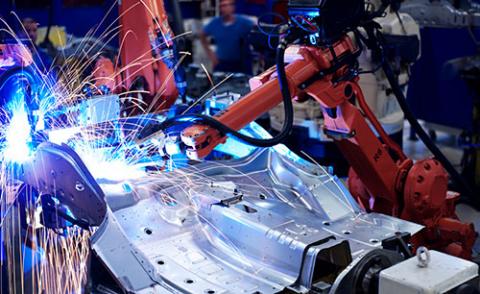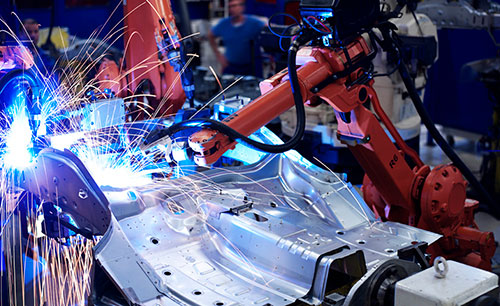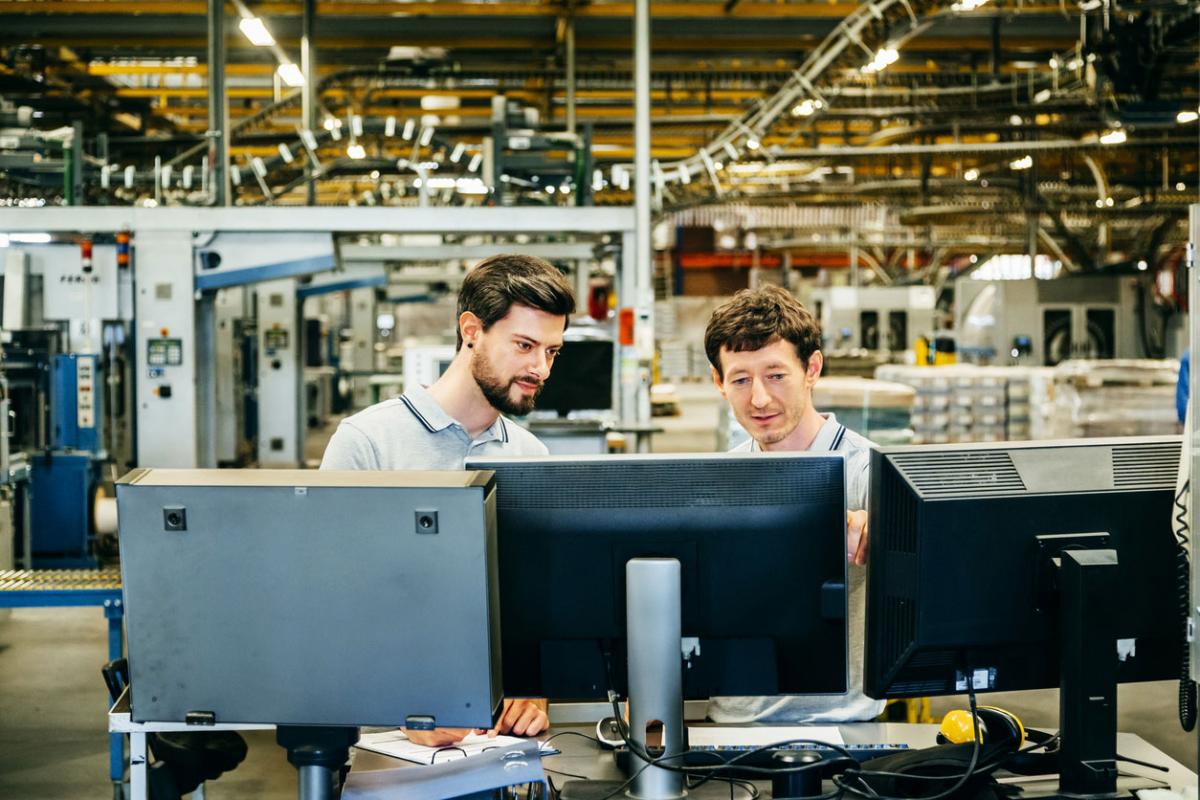Online Technical Training Blog

Seven Reasons Why Millennials Should Consider a Career in Manufacturing
Manufacturing is vital to the modern economy, yet millennials rank the sector as one of their least preferred career paths (5th out of 7 in a study by the National Association of Manufacturers). According to the U.S. Bureau of Labor Statistics, one of the current and projected challenges the manufacturing sector faces is that younger workers are not entering the sector at a rate that is required to replace the current older workforce when they retire, which will lead to a major gap in the workforce. The U.S. manufacturing sector alone is believed to face a shortage of two million skilled workers until 2025.
With opportunities to take advantage of this workforce gap, here are seven reasons why millennials should consider a career in manufacturing!
1. Affordable education and career path
A concern for many students pursuing post-secondary education is the cost. Many manufacturing jobs don’t require a 4-year college degree, which means students can expect to graduate with less debt compared to graduates of a 4-year program. Blake Moret, CEO of Rockwell Automation, says that “schools need to educate students about manufacturing career opportunities that are available with a high school degree, or other two-year programs/certifications. The reality is that there are good paying entry level jobs with paths that provide almost limitless opportunity including the ability to advance quickly.”
Many manufacturing companies offer opportunities such as internships and apprenticeship programs for students interested in exploring manufacturing careers.
2. Opportunities to work with advanced manufacturing technology
Millennials are known as a tech-savvy generation, and tend to be drawn to careers that feature the use of new technologies. Manufacturing workplaces are traditionally perceived as outdated and dirty, but the reality is that because modern manufacturing relies on technology and innovation, a lot of new technologies such as IoT devices, 3-D printing, robots, artificial intelligence, and wearable AR/VR devices are increasingly incorporated into the manufacturing workspace.
These smart factories offer numerous exciting opportunities for millennials to work with new, advanced, and transformative technology to reshape manufacturing processes.

3. Increasingly Safe Workplace
A longstanding myth about the manufacturing industry is how unsafe the workplace conditions are. The reality is that because of the advanced manufacturing technologies and increased health and safety regulations, manufacturing environments are becoming increasingly smarter and safer.
4. Long-term stability, growth, and benefits in manufacturing careers
Manufacturing careers in the U.S. have some of the highest average wages amongst private sector industries at $81,289 USD, and manufacturing workers have the highest average tenure, which is 9.7 years. These values reflect the potential for long-term stability and financial growth in the sector.
Manufacturers also provide valuable employee benefits, such as medical insurance and retirement benefits.
5. Schedule flexibility
Too keep up with production, manufacturers often offer two to three different shifts. This allows workers some schedule flexibility, as they are able to for example, go to school or take care of their family during the day, and work at night.
6. Career development and advancement opportunities
Manufacturing has a reputation for employing low-skilled workers, but the reality is that there are numerous advancement opportunities and career trajectories. Positions are diverse and range from research, product development, testing and experimentation, and troubleshooting and maintenance of various systems.
As manufacturing jobs become more technical and require employees to be familiar with new technologies such as service robots, there are becomes opportunities for training and advancement. Some employers will offer tuition reimbursement when an employee pursues further education, such as industry related certificate programs, career training, and/or degree programs. George Brown College offers online technical training certificate programs for those who want to expand their skills and knowledge, and further advance their manufacturing careers.
7. Opportunities to solve unique challenges
Manufacturing employers are not just looking for workers who are technically skilled, but also for those who are creative, analytical and have critical thinking skills. Though the manufacturing sector is becoming more technologically advanced, there are still many opportunities for millennials to exercise creativity and other human talents, such as identifying solutions to automating or streamlining tasks, collaborating with peers on projects, working on product design and innovation, and finding ways to produce items faster.

Conclusion
The idea of a career in manufacturing as low-skilled and static are untrue—modern manufacturing offers endless exciting opportunities and challenges that are well suited to the interests and skillset of many millennials. There are other advantages to pursuing a career in manufacturing, such as affordable education, career stability and advancement, salary growth, and opportunities to solve unique challenges using human talents. Manufacturing is vital to the economy, and with technology continuing to quickly transform and innovate the workplace, it is currently an exciting time to work in this sector.
As a millennial, would you consider working in manufacturing?
If you have any questions about our technical training certificate programs, you can speak to a Program Consultant toll-free at 1 888-553-5333, or email us at [email protected].


